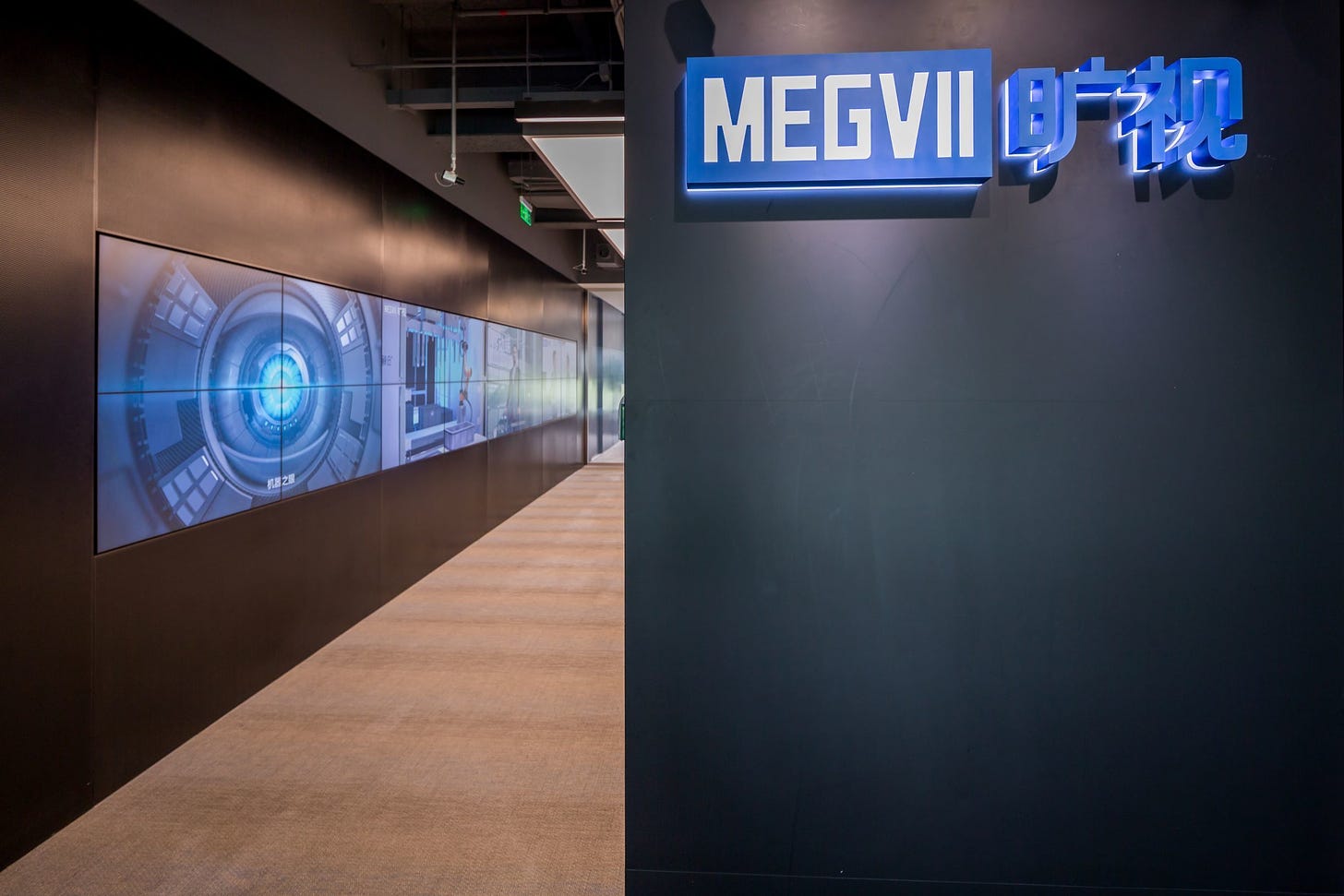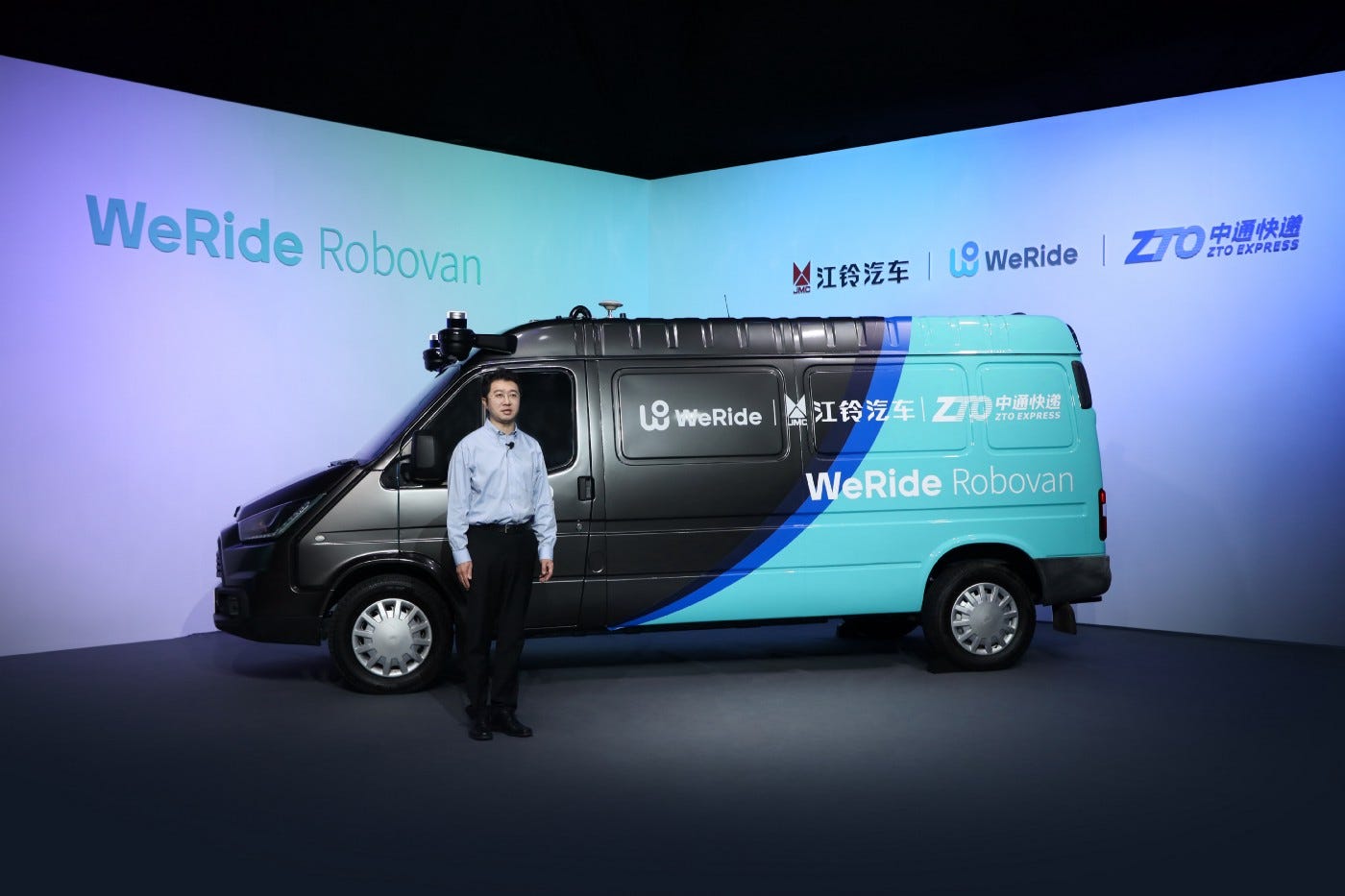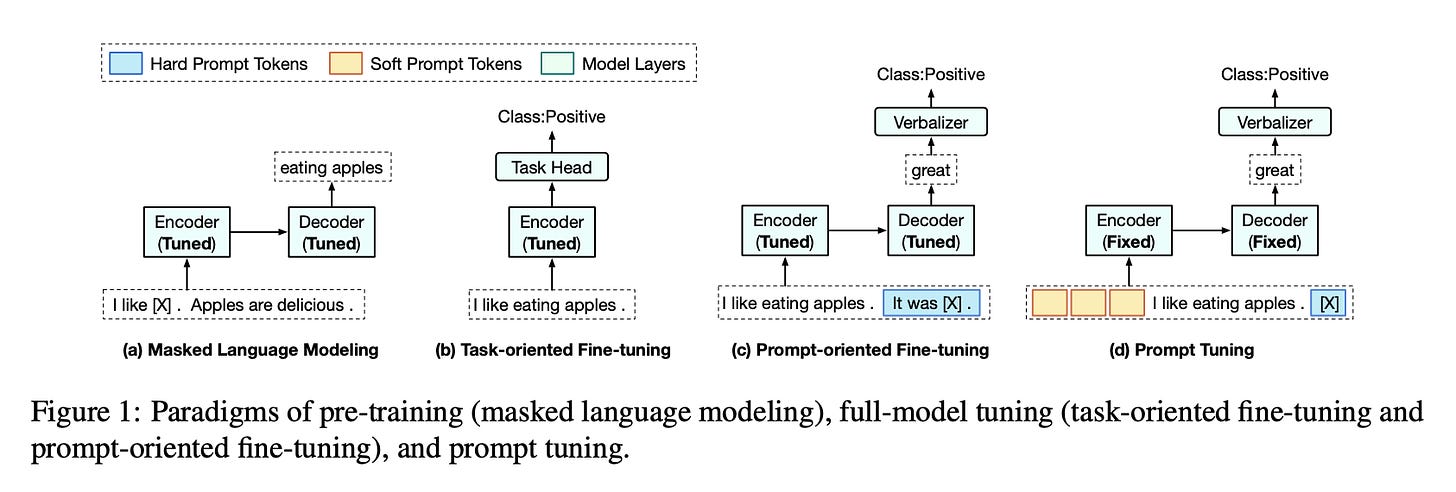Megvii Receives Green Light for IPO; WeRide Launches Driverless Robovan; 'PPT' for Few-shot Learning
China’s AI news in the week of September 12, 2021
Megvii Gains Approval for Its Shanghai IPO
What’s new: Chinese facial tech developer Megvii Technology has received approval for its IPO on Shanghai’s STAR Market, a long-awaited life-saving straw for the AI upstart to continue its cash-burning business. The company is projected to raise RMB 6 billion to improve its R&D capabilities, products, and cash flow.
-$1.98 billion: According to its prospectus, Megvii reported revenue of RMB 854 million yuan, RMB 1.26 billion yuan, RMB 1.39 billion yuan in 2018, 2019, and 2020 respectively, with a total loss of RMB 12.776 billion yuan, or $1.98 billion in three years.
Business models: With the vision of “building the AI infrastructure to connect and empower tens of billions of IoT devices”, Megvii’s AI-powered solutions mainly include:
Personal IoT solutions (18.5% of revenue) encompass facial recognition tech that allows users to unlock their devices or authorize online payments and computational photography and video processing solutions to enhance phone camera pictures.
City IoT solutions (65.8% of revenue) offer algorithms, software as well as AI-empowered sensors to government agencies and communities to ensure public safety and optimize traffic management.
Supply Chain IoT solutions (15.7% of revenue) enable logistics companies and manufacturers to deploy robots to support complex warehousing tasks.
WeRide Unveils Level 4 Self-Driving Cargo Van WeRide Robovan
What’s new: Guangzhou, China-based autonomous driving company WeRide last week introduced a Level 4 autonomous cargo, named WeRide Robovan, entering the driverless urban delivery sector. The Robovan can run around the clocks, seven days a week, WeRide CEO Tony Han said.
The new Robovans will be churned out under a partnership between WeRide and Chinese automobile manufacturer Jiangling Motors (JMC) and Chinese express delivery giant ZTO Express. WeRide will customize existing vehicle models from JMC through the latter’s assembly lines and dispatch Robovans to ZTO Express who will put Robovans into good use of their urban logistics.
Why it matters: The new product joins WeRide’s growing autonomous vehicle portfolio, which includes robotaxis, minibusses, and potentially autonomous trucks through a recent acquisition, marking a stepping stone to accelerate the company’s commercialization and ramp up competitiveness in its battle against Baidu and Pony.ai, the other two giants boasting more capital and larger vehicle fleet size.
Tell me more about WeRide: Founded in 2017 by Baidu veterans, WeRide has raised over $600 million from Series B and C rounds in merely five months at a valuation of $3.3 billion. Its L4 autonomous vehicles have accumulated 7 million kilometers in public road tests and operations. WeRide opened its first Robotaxi service to the public in November 2019 in Guangzhou, covering an area of 144 square kilometers. Robotaxis have transported more than 60,000 passengers during the first year of operation.
PPT: Pre-trained Prompt Tuning for Few-shot Learning
What’s PPT: In one of our previous weekly newsletters, we shed a spotlight on prompt learning, a new “pre-train, prompt, predict” pipeline that allows researchers to better connect pre-trained language models (PLMs) and downstream tasks through prompts.
A group of Tsinghua University researchers recently optimized Prompt Tuning to provide an efficient and effective solution for adapting large-scale PLMs to downstream tasks by only tuning prompts instead of models.
Prompt Tuning: Before we delved into the paper, let’s first review prompt tuning. Since the creation of PLMs like BERT and GPT-3, the common training tactic is fine-tuning the entire parameters of PLMs to tailor the model for various downstream NLP tasks, like question-answering, machine translation, long-document understanding, and language generation. However, such a method is costly and time-consuming.
In the paper The power of scale for parameter-efficient prompt tuning, Google researchers proposed prompt tuning (PT) to adapt large pre-trained language models to downstream tasks in a more cost-effective manner. The idea is to freeze the models and tune only prompts. They discovered prompt tuning reaches comparable performance as the fine-tuning method. However, this approach downgrades the performance of the model under the few-shot learning setting, which may hinder its application in low-resource scenarios.
So in the paper PPT: Pre-trained Prompt Tuning for Few-shot Learning, researchers came up with a solution by pre-training prompt tokens first using self-supervised tasks on large-scale unlabeled corpora. They named this framework the Prompt Tuning (PPT) framework “PPT”.
Experiments showed PPT can not only improve few-shot PT by a large margin, reaching or even outperforming FT methods, but also reduce the variance of few-shot learning. Besides the effectiveness, PPT also retains the parameter efficiency of existing PT methods, which is valuable for future applications on large-scale PLMs.
Investment News:
Agile Robots, a Chinese-German intelligent robotics startup, recently announced the completion of a Series C financing with a total investment of $220 million. Investors include SoftBank Vision Fund 2, Chimera Investments under Abu Dhabi Royal Group, GL Ventures, Sequoia China, Linear Capital, Xiaomi Group, Foxconn Industrial Internet ("FII"), and Midas. Founded in 2018, with its headquartered both in Munich, Germany, and Beijing, China, Agile Robots is a robotics software platform company developing AI software and hardware its operating system AgileCore for the coordination of robots and accessories such as smart force-controlled robot DIANA, medical robots, humanoid dexterous five-finger hands, and flexible intelligent platform (FIP).
RiVAI, a Shenzhen-based chip company developing energy-efficient RISC-V-based CPUs and customized AI SoC designs, raised tens of millions of dollars in its Series A funding round co-led by ByteDance and Hillhouse Capital. Founded in 2018, the company aims to bring the full power of AI to low-power environments, enabling AI in the next-generation IoT devices.
Dianei, a Shanghai-based medical artificial intelligence enterprise in precision medicine, raised tens of millions of yuan in its Series A funding round. Founded in 2016, the company is committed to carrying out AI-powered medical imaging studies to benefit doctors and patients.






